In short, the goal of the keto diet is to fuel your body with the right foods so that your body can enter a metabolic state called ketosis. This is done by drastically restricting your carb intake, consuming a generous amount of fats and consuming a moderate amount of protein.
This diet has become so popular because many people are having success with it. Whether you’ve been lured in for the weight loss or by the idea of indulging in foods like bacon, eggs, and cheese it’s important to know there are still quite a few rules you will need to follow. We’re sharing some of the most common mistakes many people make when starting the keto diet. If you’re not seeing success, perhaps it’s because you’re guilty of making one (or two) of these big mistakes!
2
If you have done any type of research in regards to the keto diet, you will probably come across the term keto flu. I’m sure you asked yourself is that a real thing and the answer is yes, it is! While it may not happen to everyone it is definitely something to look out for and understand.
Common keto flu symptoms include nausea, achiness, fatigue, and muscle cramps. Keep in mind the keto flu will often happen within the first 2 weeks once you start the diet. If you’re not prepared for the keto flu, you may think something has gone awry which may force you to ditch the diet!

Tero Vesalainen / Shutterstock
3
Some people are able to jump into a new diet and cut old habits cold turkey, however, this might not be the best idea. You may be eager to begin your keto journey, but in the beginning, it may be best to take it slow.
You see, the average person intakes about 200-300 grams of carbs per day. On the keto diet, you need to cut that intake down to about 20 carbs per day. If you do this too quickly you may put your body into utter shock! This won’t happen to everyone but you may want to play it safe and wean your way down to that 20-gram mark.
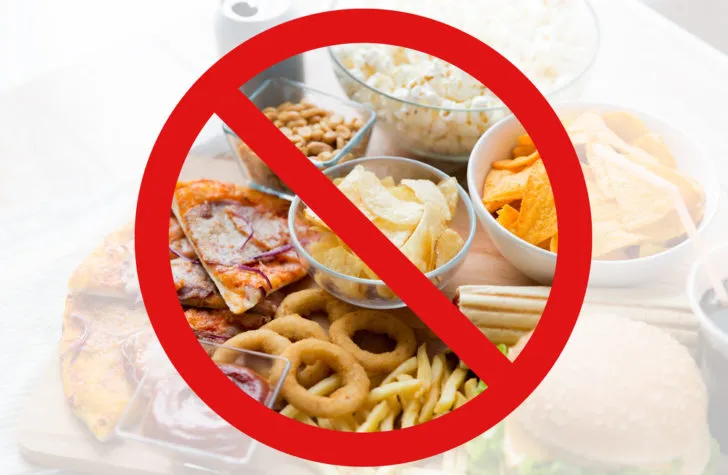
Syda Productions / Shutterstock
4
The keto diet requires a lot of thought, meal prepping and strategic eating that it is so easy to forget about drinking water! However, your water intake is very important because as your body transitions, your electrolytes and fluid balance can change too. Further, your body will also flush out ketones through urine which will, in turn, drain sodium and water from your body. So be sure to rehydrate your body and drink water regularly.
A general rule of thumb is to drink about half your body weight in ounces of water daily. If you find yourself forgetting to drink water, consider setting reminders such as alarms in your phone or leave sticky notes around your home!
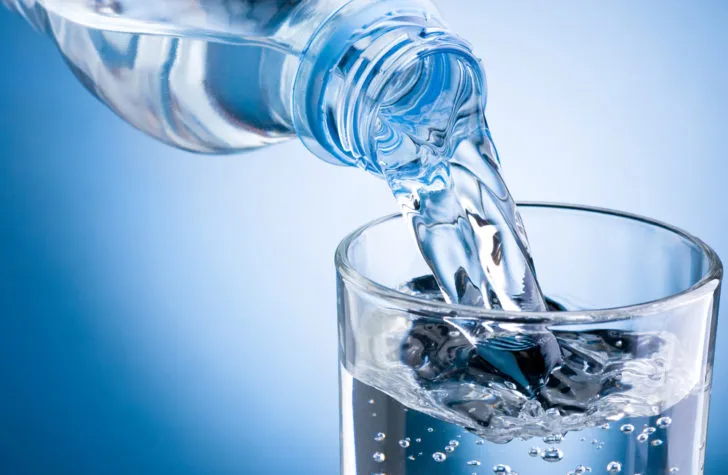
Tarasyuk Igor / Shutterstock
5
It’s completely normal to fear fat especially since our society has been accustomed to thinking it is horrible for us. That being said, if you want to be successful on the keto diet you need to throw those thoughts away and embrace all the healthy fats!
Further, when you reduce your carb intake you also reduce your calorie intake. That said, you’ll want to replace those lost calories with calories from fat. In addition to supporting your calorie intake, increasing fat will help your body learn that it needs to use the fat as a fuel source. If you fail to do so you may feel lethargic because you’re not providing your body with the nutrients it needs.
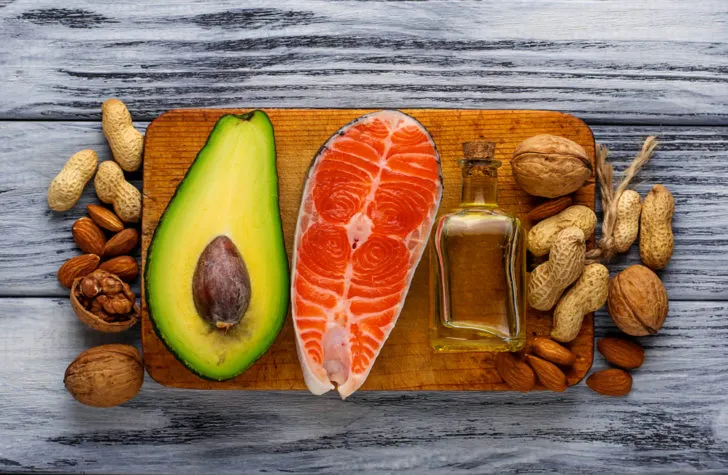
Yulia Furman / Shutterstock
6
It’s no secret that processed foods come with a lot of sodium and people are consuming more sodium than ever. This has lead society to put a lot of emphasis on teaching us to be mindful of our sodium intake and in turn, we are encouraged to stop adding salt to foods! However, this isn’t exactly the case for the keto diet.
Firstly, as we discussed earlier, the body loses sodium when ketones are flushed out through urine. Further, because you’ve decided to kick processed foods such as bread, crackers, and so forth to the curb, your overall sodium intake will drop drastically. With that in mind, when you prepare your meals for the week go ahead and season the dish with a sprinkle of salt!
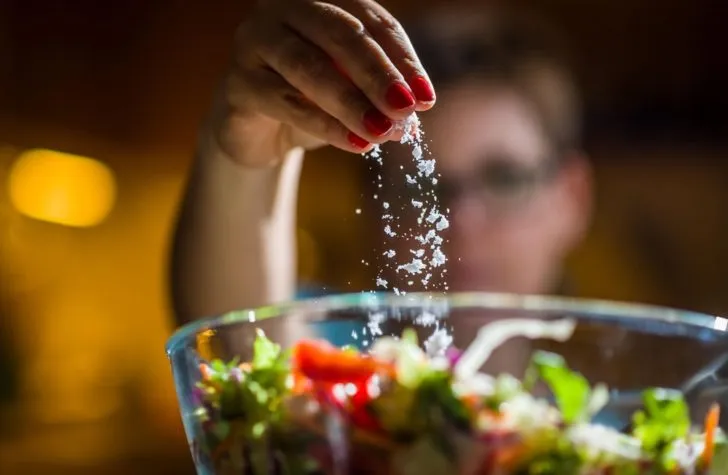
goodbishop / Shutterstock
7
You’ll definitely be tempted to eat foods that are not keto-friendly if they’re in your fridge or pantry! If you haven’t done so already, it may be best to remove all the temptation from your home. That includes those hidden bags of chips, cookies and any other foods that are not keto-friendly. If you don’t want to waste already purchased food, consider giving them to a friend or coworker – they’ll surely thank you!
If you have family members in the house, encouraging them to take part in the diet too will only further your success. While they may whine and groan about removing chips in the house, you can assure them that they can still enjoy delicious treats! Check out the Keto Swaps For The Foods You Crave!
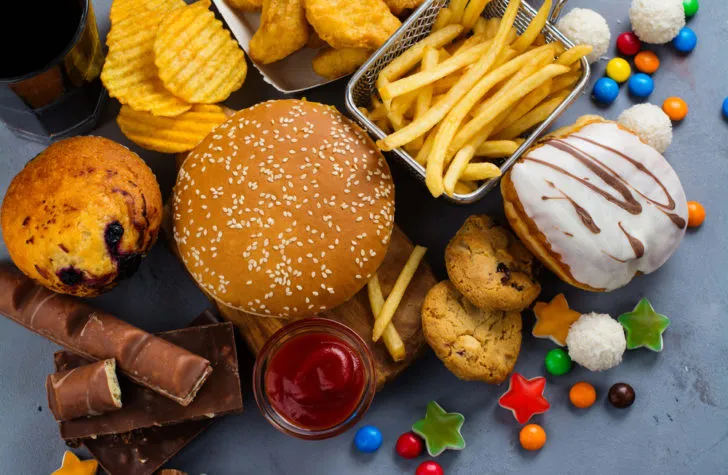
Ekaterina Markelova / Shutterstock
8
If you love meat then I’m sure you were excited to discover that bacon, burgers, and steaks were all keto-friendly foods! But too much protein can actually be a bad thing and it’s very important that you don’t mistakenly consume too much of it!
When following the keto diet, protein should only make up about 15-30 percent of the daily calories. A higher intake than the 15-30 percent may hinder ketosis. Play it safe and keep track of your macros!
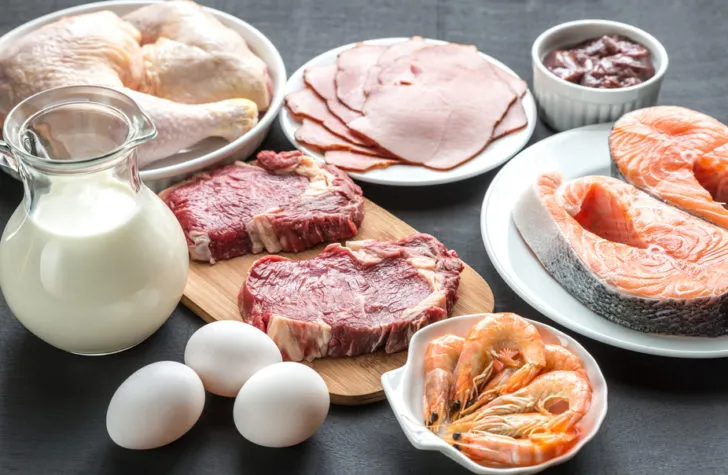
Alexander Prokopenko / Shutterstock
9
On the exterior, the keto diet may seem simple. Increase your fat intake, reduce carbs, and eat a moderate amount of protein. That sounds pretty easy but it’s important to know that while fats are the foundation of the keto diet, not all fats are created equal.
To obtain the amazing benefits from the keto diet, you’ll need to fuel your body with the right kind of fats. Some excellent fat sources are monounsaturated fats such as avocados and walnuts, animal fats, coconut oil, and olive oil. However, be sure to stay away from processed vegetable oils, margarine, and any foods that contain trans fats! Whether you follow the keto diet or not, trans fats are not healthy for us! Need more fat in your diet? Check out these Fat Bomb Recipes To Fuel You On A Keto Diet!

mipan / Shutterstock
10
Pasta, bread, potatoes and the like are well known carb-heavy foods. It may be obvious to stay clear of those types of foods but what you don’t always think about are all the foods that contain hidden carbs. Some great examples are sauces, salad dressings, and other condiments!
Many of these foods may appear to be low carb but more than often have enough hidden carbs and sugar that can kick you out of ketosis. The most efficient way to avoid this mistake is to always read the label, especially if you’re purchasing packaged foods.
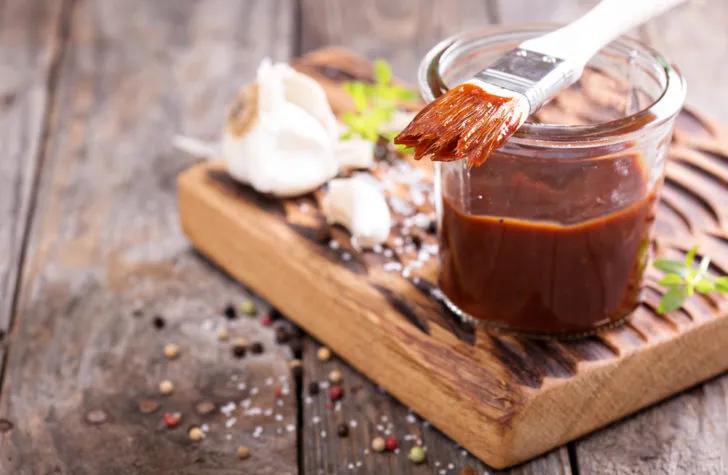
Elena Veselova / Shutterstock
11
Indulging in an excess amount of calories isn’t good for any diet. Snacks can be one of the biggest culprits when it comes to overindulging. A handful of nuts or seeds are good for you and are a great source of healthy fats, however, a handful here and there can quickly add up.
It’s important to remember that snacks should only be enjoyed if you find that you have extreme hunger. You may also want to assess your meals because they may not have enough nutrients or calories to satiate you.
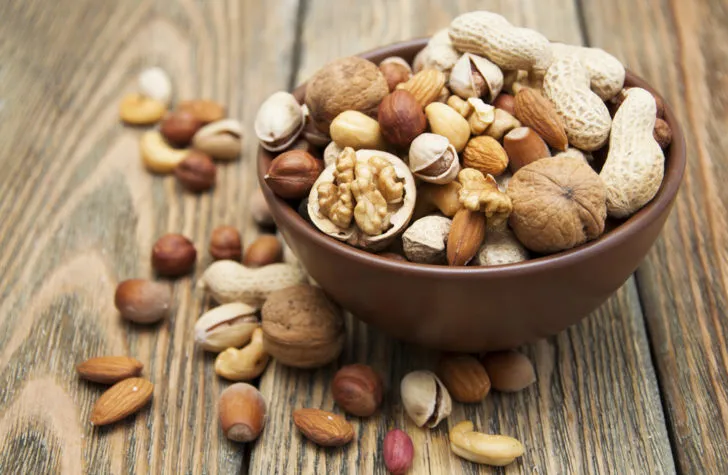
Zb89V / Shutterstock
12
Just like any other diet, it’s important that you don’t obsess over the scale. I know it is tempting to check it once or even twice a day but our bodies naturally fluctuate weight. It’s normal to lose water weight in the beginning but as your body adjusts to the new diet, the weight may begin to come off more slowly. Checking the scale too frequently will only discourage you.
Instead, it’s important to focus on the way you feel. Further, a better way to measure your progress rather than the number on the scale is to measure your body! Gaining muscles while losing body fat doesn’t always reflect on the scale but it will show in inches!
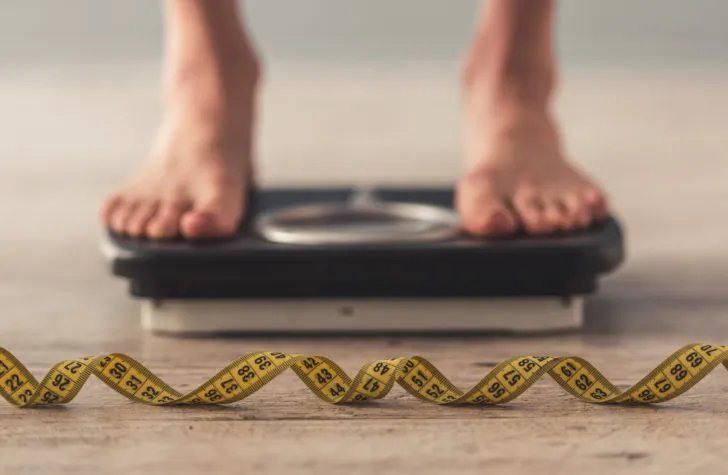
VGstockstudio / Shutterstock
13
This mistake is not only common in the keto diet but is common for most people who don’t follow diets too. Getting enough sleep is extremely important especially for weight loss.
Without proper sleep, your body may feel stressed. Excess stress can negatively affect your metabolism which can trigger your body to store fat. Further, lack of sleep can also affect your cravings, as well as force you to grab quick accessible meals such as fast food because you’re too exhausted to prepare a proper meal. Try your best to get into a good routine where you are able to get enough sleep!

Elena Rostunova / Shutterstock
14
Now that you know what not to do on the keto diet here are the Foods You Should Never Eat While On The Keto Diet.
Clarissa loves experimenting with food of all cultures to make unique healthy dishes. When she’s not browsing Pinterest for new recipe inspiration she likes to pick up a DIY project and use her creative hands to make art or crafts. In her down time you can find her watching the latest documentaries on Netflix or going for nature walks.


